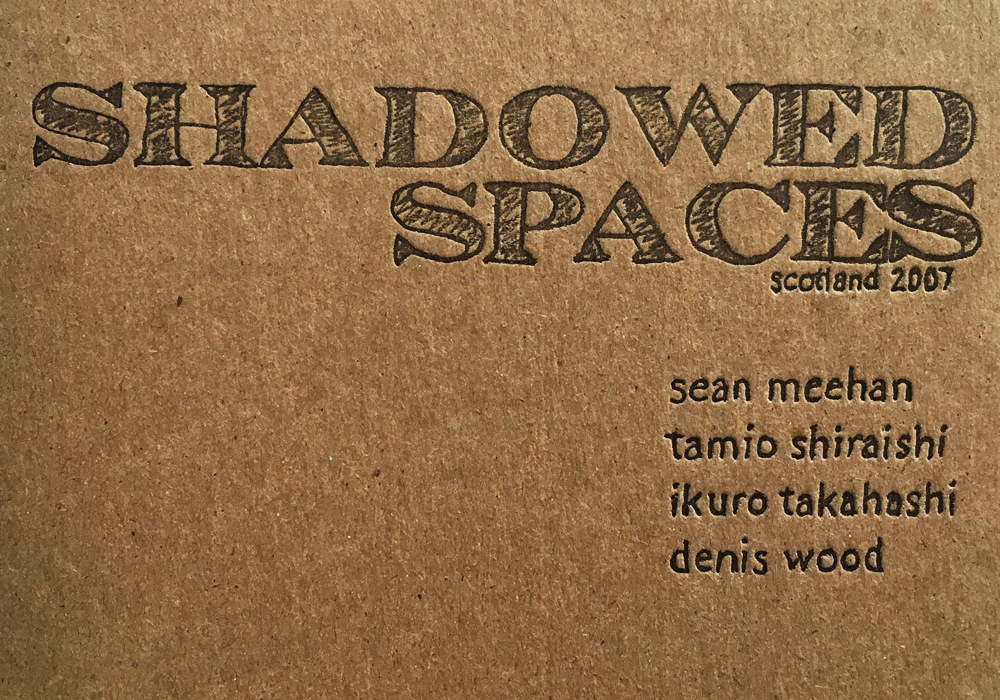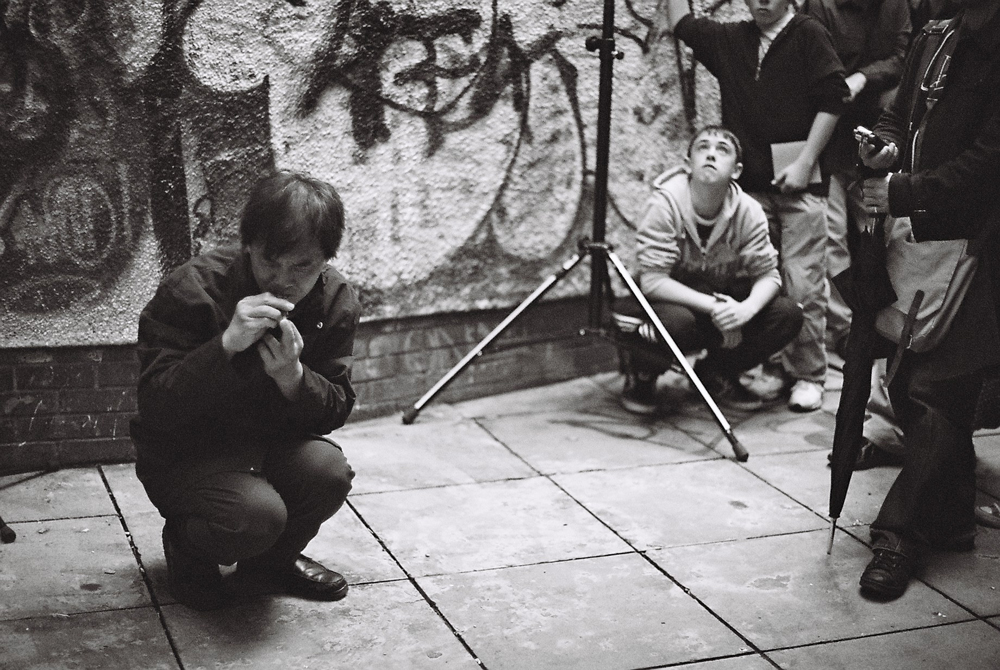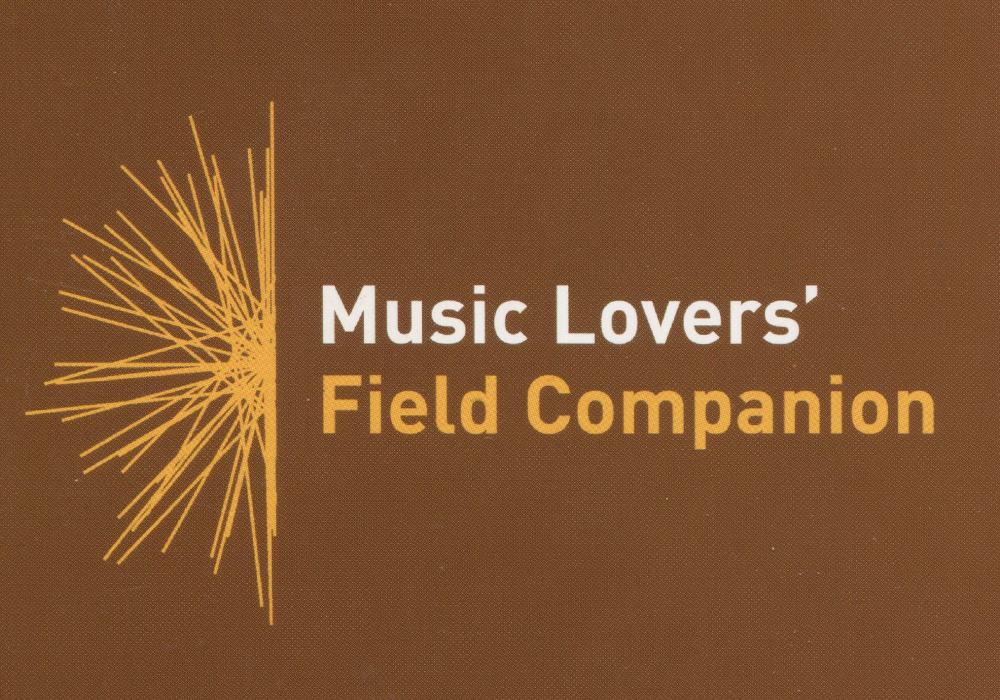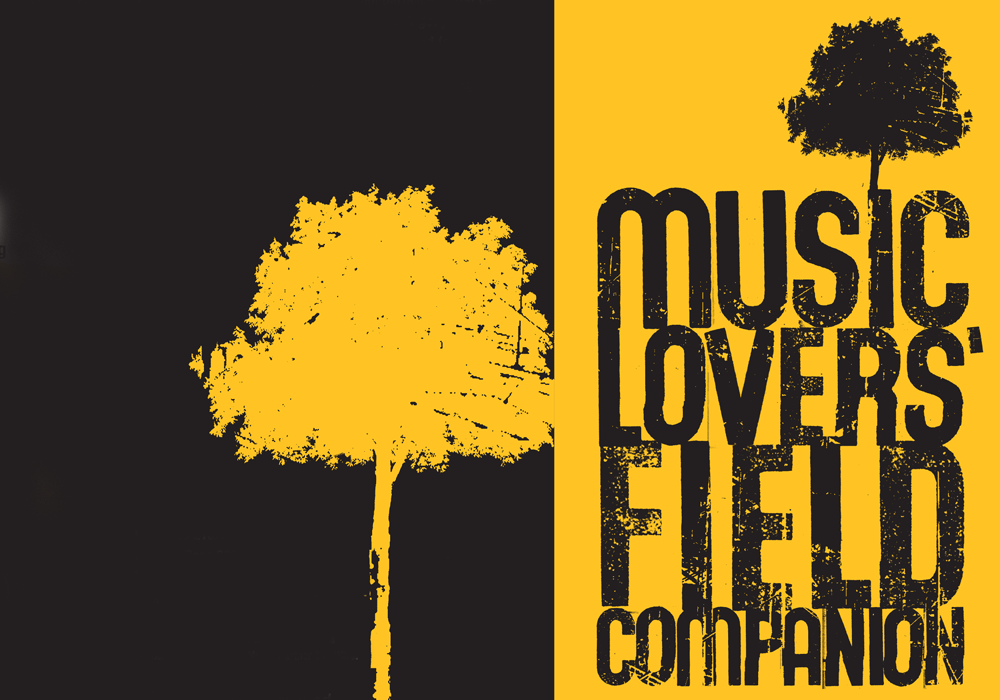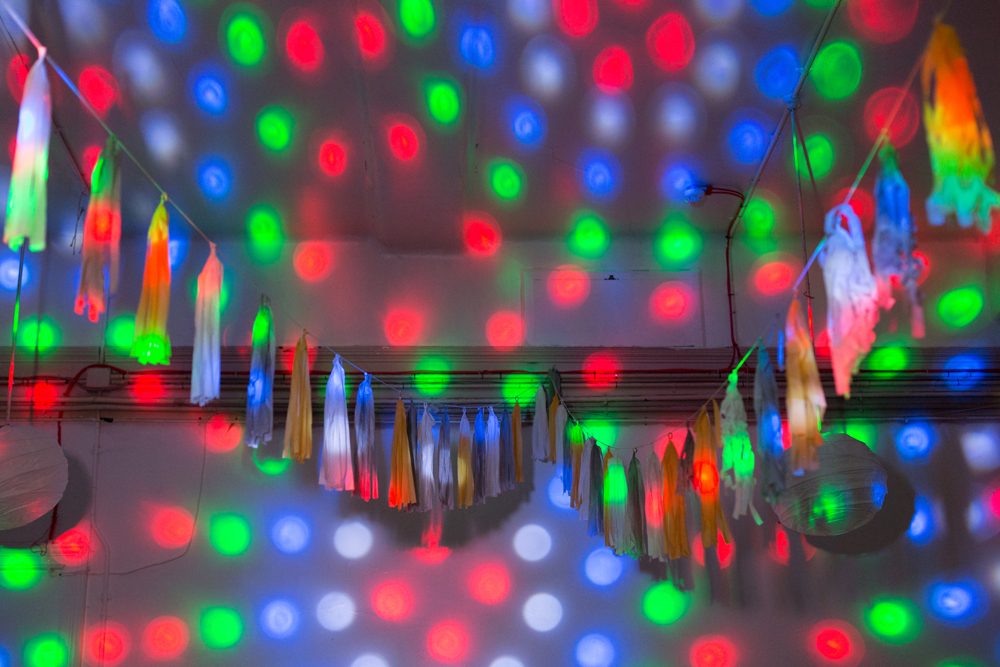
Ayreen Anastas & Rene Gabri
Ayreen Anastas Rene Gabri
An open-ended moment in an ongoing series of films, notes, performances, diagrams and drawings which trace the questions they share. A “porous space between cinema time-space and lived time-space.”



